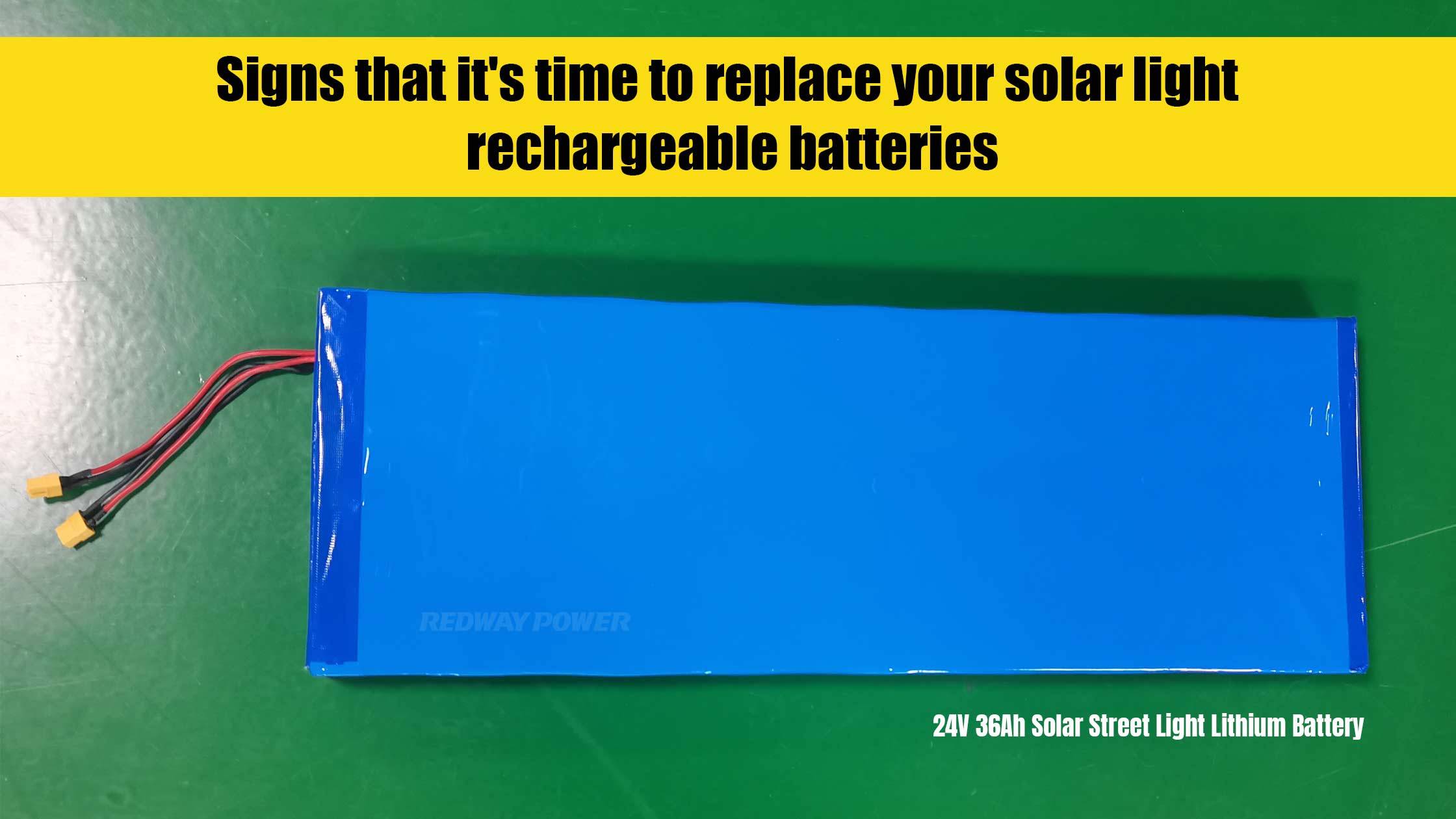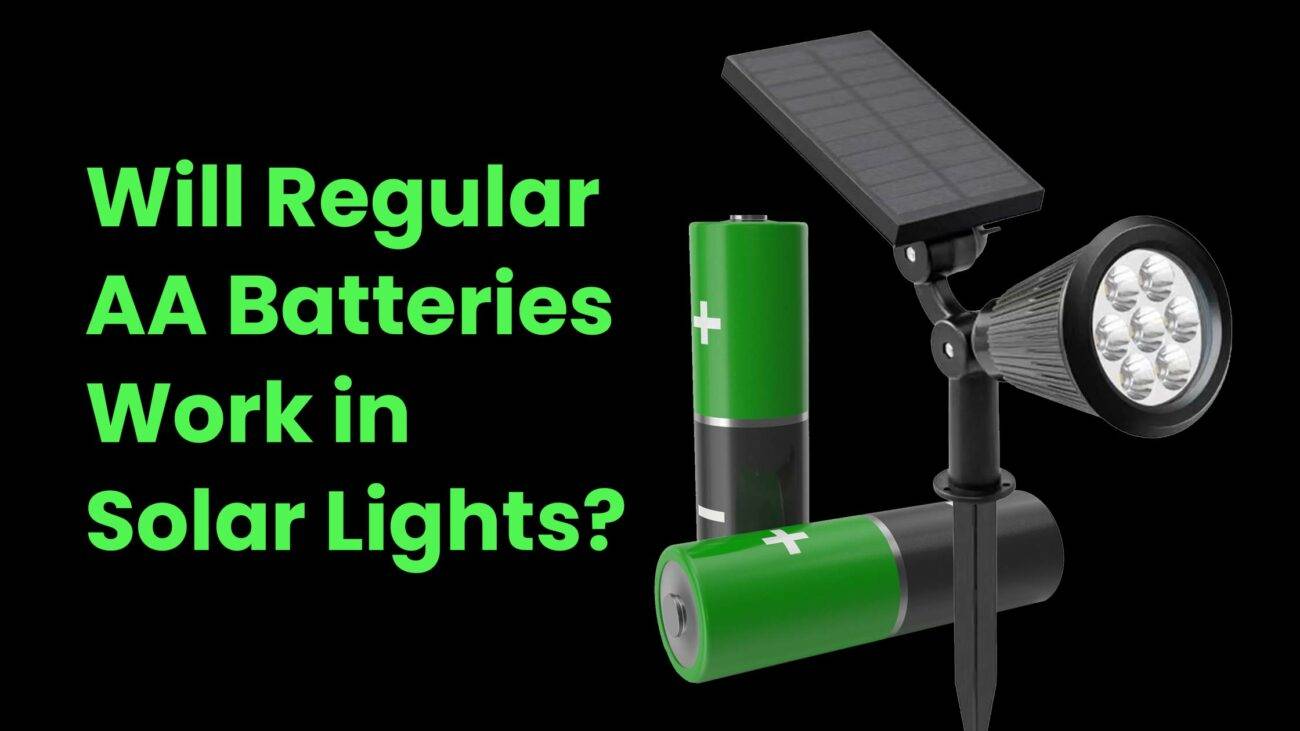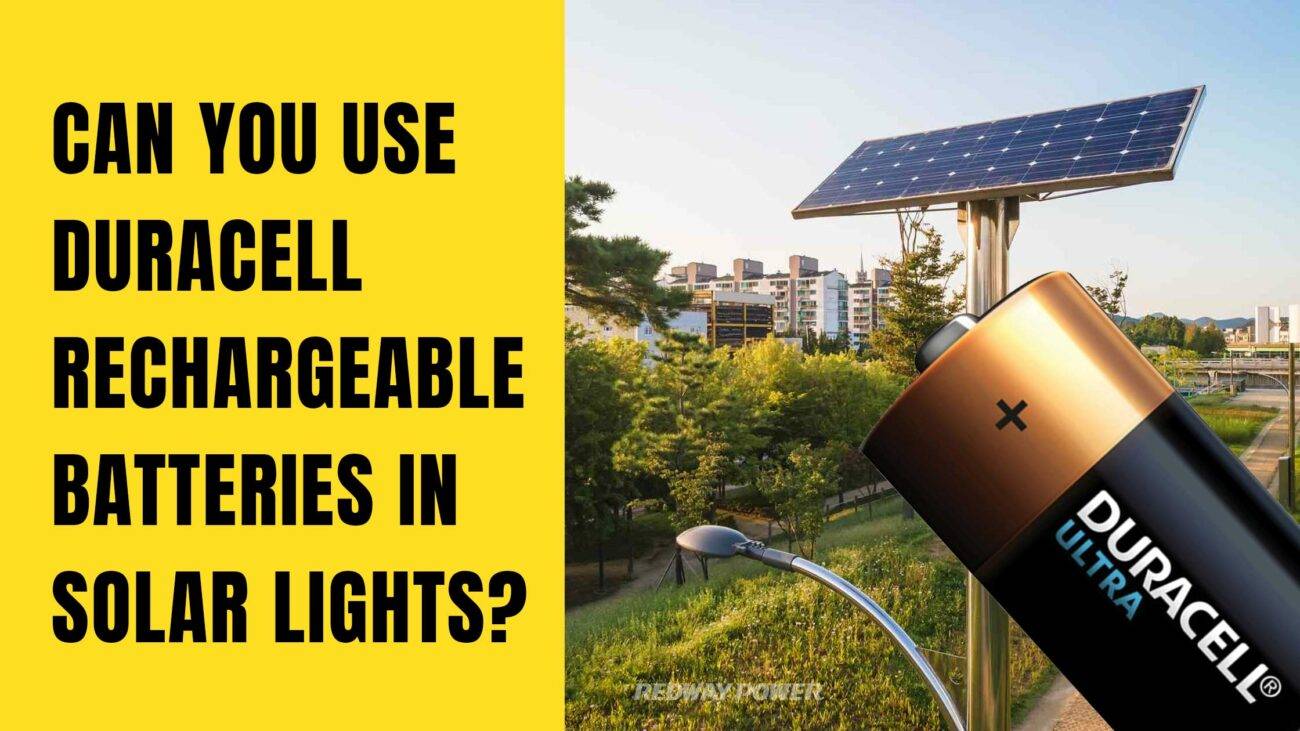- Forklift Lithium Battery
-
48V
- 48V 210Ah
- 48V 300Ah
- 48V 420Ah (949 x 349 x 569 mm)
- 48V 420Ah (950 x 421 x 450 mm)
- 48V 456Ah
- 48V 460Ah (830 x 630 x 590 mm)
- 48V 460Ah (950 x 421 x 450 mm)
- 48V 460Ah (800 x 630 x 600 mm)
- 48V 460Ah (820 x 660 x 470 mm)
- 48V 500Ah
- 48V 560Ah (810 x 630 x 600 mm)
- 48V 560Ah (950 x 592 x 450 mm)
- 48V 600Ah
- 48V 630Ah
-
48V
- Lithium Golf Cart Battery
- 12V Lithium Battery
12V 150Ah Lithium RV Battery
Bluetooth App | BCI Group 31
LiFePO4 Lithium
Discharge Temperature -20°C ~ 65°C
Fast Charger 14.6V 50A
Solar MPPT Charging - 24V Lithium Battery
- 36V Lithium Battery
- 48V Lithium Battery
-
48V LiFePO4 Battery
- 48V 50Ah
- 48V 50Ah (for Golf Carts)
- 48V 60Ah (8D)
- 48V 100Ah (8D)
- 48V 100Ah
- 48V 100Ah (Discharge 100A for Golf Carts)
- 48V 100Ah (Discharge 150A for Golf Carts)
- 48V 100Ah (Discharge 200A for Golf Carts)
- 48V 150Ah (for Golf Carts)
- 48V 160Ah (Discharge 100A for Golf Carts)
- 48V 160Ah (Discharge 160A for Golf Carts)
-
48V LiFePO4 Battery
- 60V Lithium Battery
-
60V LiFePO4 Battery
- 60V 20Ah
- 60V 30Ah
- 60V 50Ah
- 60V 50Ah (Small Size / Side Terminal)
- 60V 100Ah (for Electric Motocycle, Electric Scooter, LSV, AGV)
- 60V 100Ah (for Forklift, AGV, Electric Scooter, Sweeper)
- 60V 150Ah (E-Motocycle / E-Scooter / E-Tricycle / Tour LSV)
- 60V 200Ah (for Forklift, AGV, Electric Scooter, Sweeper)
-
60V LiFePO4 Battery
- 72V~96V Lithium Battery
- Rack-mounted Lithium Battery
- E-Bike Battery
- All-in-One Home-ESS
- Wall-mount Battery ESS
-
Home-ESS Lithium Battery PowerWall
- 24V 100Ah 2.4kWh PW24100-S PowerWall
- 48V 50Ah 2.4kWh PW4850-S PowerWall
- 48V 50Ah 2.56kWh PW5150-S PowerWall
- 48V 100Ah 5.12kWh PW51100-F PowerWall (IP65)
- 48V 100Ah 5.12kWh PW51100-S PowerWall
- 48V 100Ah 5.12kWh PW51100-H PowerWall
- 48V 200Ah 10kWh PW51200-H PowerWall
- 48V 300Ah 15kWh PW51300-H PowerWall
PowerWall 51.2V 100Ah LiFePO4 Lithium Battery
Highly popular in Asia and Eastern Europe.
CE Certification | Home-ESS -
Home-ESS Lithium Battery PowerWall
- Portable Power Stations
Is It Worth Replacing Rechargeable Batteries in Solar Lights?

Replacing rechargeable batteries in solar lights is often necessary to maintain their performance and efficiency. This article explores whether it’s worth replacing these batteries, discusses the best types to use, and highlights key considerations for ensuring your solar lights operate effectively.
Can regular rechargeable batteries be used in solar lights?
While you can technically use regular rechargeable batteries in some solar lights, it is generally not recommended. Most solar lights are designed to work with specific types of rechargeable batteries, such as Nickel Metal Hydride (NiMH) or Lithium-ion, which provide better performance and longevity compared to standard alkaline or low-capacity rechargeable options.Chart: Battery Compatibility Overview
| Battery Type | Compatibility with Solar Lights |
|---|---|
| Regular Rechargeable | Possible but not optimal |
| NiMH | Ideal for most solar lights |
| Lithium-ion | Excellent performance and longevity |
What types of batteries are best for solar lights?
The best types of batteries for solar lights include:
- Nickel Metal Hydride (NiMH): These are commonly used due to their ability to handle multiple charge cycles and provide reliable energy storage.
- Lithium-ion: Known for their high energy density and longer lifespan, lithium-ion batteries are increasingly popular in modern solar lighting systems.
- Specialized Solar Batteries: Some manufacturers offer proprietary battery packs designed specifically for their products, optimizing performance.
Chart: Recommended Battery Types
| Battery Type | Advantages |
|---|---|
| NiMH | Good cycle life and efficiency |
| Lithium-ion | High energy density and durability |
| Specialized Solar Batteries | Optimized for specific models |
Why is it important to use the right batteries in solar lights?
Using the correct type of battery is crucial for several reasons:
- Performance: The right battery ensures that your solar light operates at optimal brightness and duration.
- Safety: Incorrect battery types can lead to overheating, leakage, or even fire hazards.
- Longevity: Using compatible batteries helps extend the life of both the battery and the solar light itself.
Chart: Importance of Using Correct Batteries
| Reason | Explanation |
|---|---|
| Performance | Ensures optimal brightness and runtime |
| Safety | Reduces risk of overheating or hazards |
| Longevity | Extends life of both battery and light |
What are the signs that batteries need to be replaced?
Recognizing when it’s time to replace your solar light batteries is essential:
- Diminished Brightness: If your solar lights are not as bright as they used to be, it may indicate that the battery is losing its capacity.
- Shorter Runtime: If your lights turn off sooner than expected after charging, this could signal a failing battery.
- Physical Damage: Signs of swelling or leakage from the battery compartment indicate that replacement is necessary.
Chart: Signs of Battery Failure
| Sign | Action Required |
|---|---|
| Diminished Brightness | Replace with new rechargeable batteries |
| Shorter Runtime | Check and replace if necessary |
| Physical Damage | Dispose of damaged batteries safely |
How can I extend the life of my solar light batteries?
To maximize the lifespan of your solar light batteries, consider these tips:
- Regular Maintenance: Clean both the battery contacts and the solar panels to ensure optimal functioning.
- Proper Charging: Always use a charger designed for your specific battery type and avoid overcharging.
- Store Properly: If storing your solar lights during winter or extended periods, remove the batteries and store them in a cool, dry place.
Chart: Tips for Extending Battery Life
| Tip | Description |
|---|---|
| Regular Maintenance | Clean contacts and panels regularly |
| Proper Charging | Use appropriate chargers |
| Store Properly | Remove and store batteries in a cool place |
Industrial News
The market for renewable energy solutions continues to grow, with advancements in battery technology significantly impacting the efficiency of solar lighting systems. Manufacturers are focusing on developing high-capacity lithium-ion and specialized rechargeable battery options that enhance performance while minimizing environmental impact. These innovations aim to provide consumers with longer-lasting and more reliable power sources for outdoor lighting applications.
Redway Power Insights
“Replacing rechargeable batteries in your solar lights is not just about maintaining functionality; it’s about ensuring safety and efficiency,” states Redway Power’s expert team. “Investing in high-quality rechargeable options will enhance performance while contributing positively to sustainability efforts.”
FAQ Section
Q: Can I use regular AA alkaline batteries in my solar lights?
A: It’s not recommended; regular alkaline batteries do not recharge effectively and may damage your lights.Q: How often should I replace my solar light batteries?
A: It’s advisable to check them annually; replace them every 1–3 years depending on usage.Q: Are lithium-ion batteries better than NiMH for solar lights?
A: Yes, lithium-ion typically offers higher energy density and longer lifespan compared to NiMH.




















